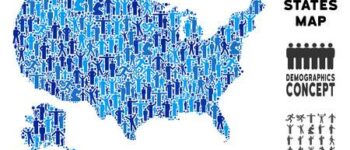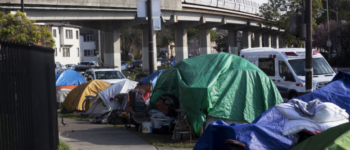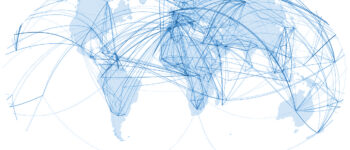CSDE sponsors and supports several working groups comprising faculty and advanced graduate students from across campus. These working groups provide opportunities for smaller groups of scholars to share their research in progress, garner thoughtful and detailed feedback on papers or grants, brainstorm new projects, and discuss the latest published research related to their working group.
Working Groups

Biomarker Working Group
The purpose of this Working Group is to provide a forum for discussions of practical and theoretical issues associated with collecting and using biomarker data in social and behavioral science research. Those who would like to receive regular meeting announcements by email may subscribe to the mailing list here
Point of Contact: Tiffany Pan

Computational Demography Working Group
The CDWG meets weekly to provide an interdisciplinary forum for discussions of digital and computational approaches to demographic research. The group features a range of paper presentations, methods demonstrations, software tutorials and professional development. The CDWG is sponsored by the CSDE, the eScience Institute and OBSSR T32 Grant.
Point of Contact: June Yang

Early Career Faculty Working Group
We are a quarterly meetup group for faculty affiliates of CSDE who are “early career” – generally defined as pre-tenure or -promotion, but with flexibility. We provide a casual, social outlet for junior population scientists to network, brainstorm, learn and get (or give) support. External faculty affiliates are welcome. Sorry to all others – we do keep this a space specifically for faculty members.
Point of Contact: Steve Goodreau

Homelessness Research Working Group
The Homelessness Research Working Group is a weekly interdisciplinary meeting space for UW faculty, students, and scientists to collaborate and interact with community members engaged in the homelessness care system. Format: Friendly closed — please see email list to join.
Point of Contact: Zack Almquist

Infectious Disease Transmission Modeling Working Group
We are a robust group of about two dozen faculty members, research scientists, graduate students and postdocs from all across campus, all with an interest in modeling the population-level transmission dynamics of one or more infectious diseases. We meet monthly to share past, present and future research, and to network and brainstorm. We also maintain an active listserv.
Point of Contact: Steve Goodreau

Migration, Spatial Mobilities, and Refugees Working Group
This is a multidisciplinary group for UW scholars interested in the study of migrations or spatial mobilities in which we present “work in progress” that would benefit from feedback and suggestions from the members of the working group. The goal is to get together every two weeks during the quarter.
Point of Contact: Aryaa Rajouria

Monetary Sanctions Working Group
This research group examines the system of monetary sanctions (court imposed fines, fees, restitution), its reach within and outside of the criminal legal system, the processes of sentencing and collecting, and consequences for individuals, their families, and communities. Our group uses a multi-method approach combining interview data, court observational data, and automated data from courts and other state agencies to examine the reach of this system and connection with the maintenance of racial and economic inequality in the United States. Our group works closely with policy makers, practitioners, and those impacted by the criminal legal system – both in the translation of our research, but also in the design of less harmful policy and practices.
Point of Contact: Alexes Harris